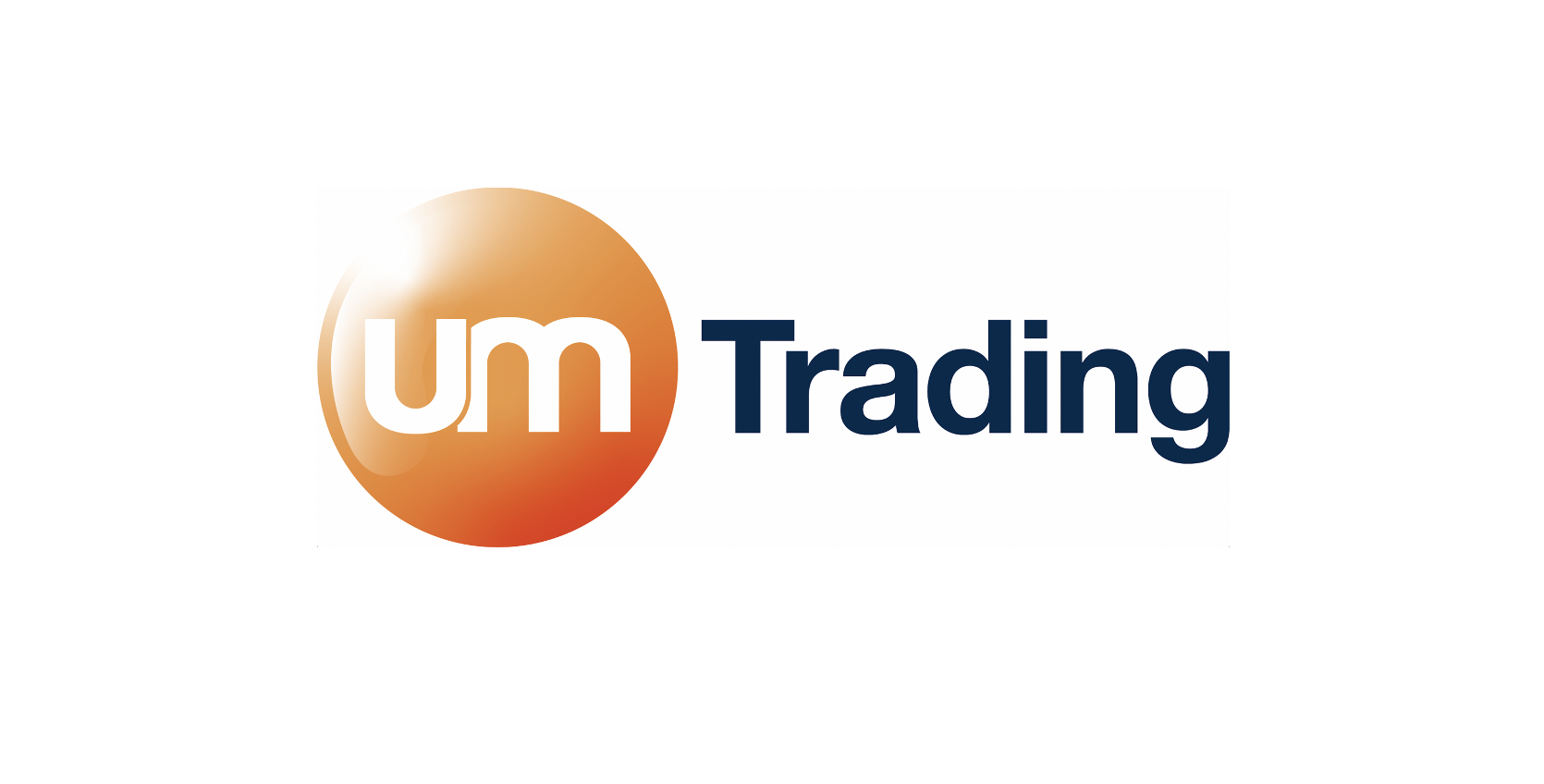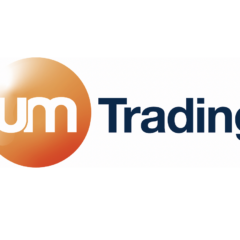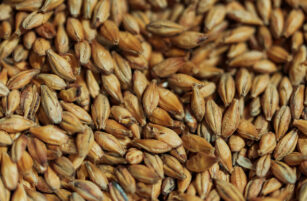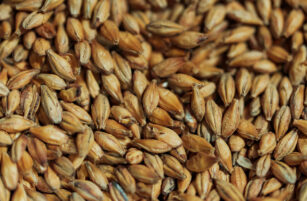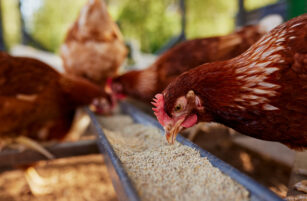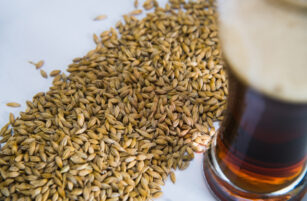Insight Focus
- Russian beet molasses are unlikely to enter European markets (used for feed or fermentation).
- Egypt will be the main global molasses supplier in the coming weeks.
- European beet molasses availability remains limited.
We are a few months away from the Northern Hemisphere sugar beet crops harvest and the supply picture for beet molasses is slowly becoming clearer.
Russia – Ukraine
The beet molasses market cannot be discussed without reference to the Ukraine-Russia war. Pre-war Russia supplied over 30% of the global beet molasses supply (to the export market), supplying from the Black Sea, Sea of Asov and the Baltic Sea. From a Western-aligned viewpoint; Russian beet molasses is not likely to enter European markets. This will affect a wide-range of customers, from feed demand in the Northern Europe and fermentation customers in the Mediterranean.
Sanctions have continued to tighten on Russian goods and services and the consequence will be a reduction in Russian-origin molasses into the EU and UK.
Egypt
Egypt is the next largest supplier to the international beet molasses market. Beet molasses produced from the 2022 sugar beet crop has been committed to both domestic and export markets, with only a final balance left to allocate. Egypt will be the main supply origin to the global market in the next 8 to 10 weeks as the new-crop EU sugar crop is awaited.
Prices initially increased rapidly upon the invasion of Ukraine and they have remained at this elevated level since. The situation is not expected to change in the next few months and supply to the global market will remain constrained with no competing supply origins.
European Union
The sugar beet crops in Europe are expected to be broadly in line with last year, the planted area is slightly lower and the final production numbers will depend on the yield during the harvest.
Exports from the 2022/23 crop are likely to be lower than in previous years. This is a consequence of the reduction in available imports from Russia, Ukraine and Egypt (and other niche suppliers such as Morocco). This has resulted in lower stocks of beet molasses in Europe prior the EU beet harvest.
The supply situation is likely to remain constrained over the next 6 – 8 months with no indication that Russian/Ukrainian situation will improve in the short-medium term, which will continue to limit the total supply of beet molasses to the global market.
